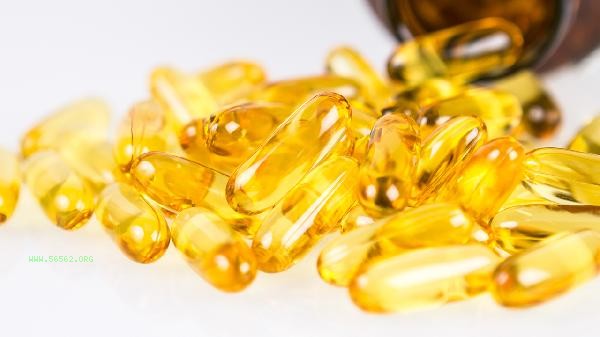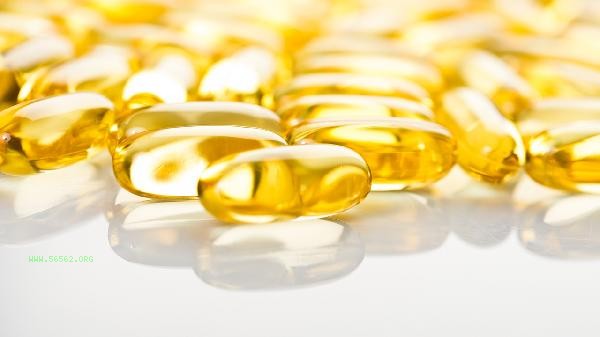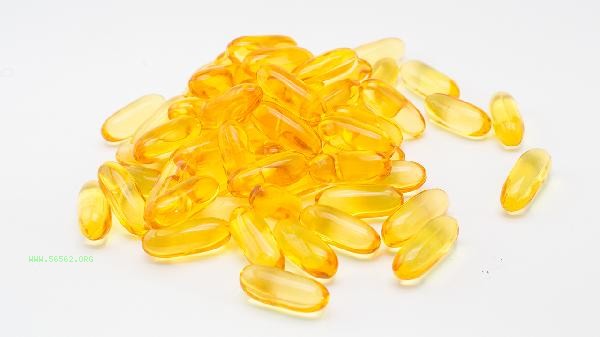supplementing with vitamin C during exercise can help improve athletic performance, promote muscle recovery, and enhance immunity. Vitamin C mainly exerts its effects through mechanisms such as antioxidant activity, promotion of collagen synthesis, improvement of iron absorption, alleviation of post exercise fatigue, and regulation of immune function.

1. Antioxidant effect
High intensity exercise produces a large amount of free radicals. Vitamin C, as a powerful antioxidant, can neutralize the damage of free radicals to cells and reduce oxidative stress reactions. This helps to protect the integrity of muscle cell membrane structure, delay the occurrence of exercise-induced fatigue, and reduce the risk of chronic inflammation caused by long-term exercise.
2. Promote collagen synthesis
Vitamin C is an essential cofactor for collagen synthesis, which can accelerate the repair of connective tissues such as tendons and ligaments after exercise. For strength trainers, sufficient collagen can maintain joint stability, reduce the probability of soft tissue damage during training, and help rebuild muscle fibers.
3. Improving iron absorption
Vitamin C can reduce trivalent iron to more easily absorbable divalent iron, enhancing the bioavailability of iron in the diet. This is particularly important for fitness enthusiasts, as iron is involved in hemoglobin synthesis, directly affecting blood oxygen carrying capacity and exercise endurance performance.

4. Relieve exercise fatigue
Vitamin C participates in carnitine synthesis, helps long-chain fatty acids enter mitochondria for oxidation and energy supply, and delays glycogen depletion during exercise. It can also reduce lactate accumulation, accelerate blood lactate clearance after exercise, shorten the recovery period, especially suitable for high-intensity interval trainers.
5. Regulating immune function
Long term high-intensity training may temporarily suppress immunity, while vitamin C maintains the immune barrier by enhancing neutrophil activity, promoting antibody production, and other pathways. This has positive implications for preventing upper respiratory tract infections after exercise and ensuring the continuity of training programs. Fitness enthusiasts can obtain vitamin C through natural foods such as fresh vegetables and fruits like broccoli, kiwifruit, strawberries, etc. If necessary, they can follow medical advice to choose vitamin C supplements. It is recommended to control daily intake within a reasonable range to avoid long-term excessive supplementation that may cause gastrointestinal discomfort. At the same time, pay attention to the interval between vitamin C and exercise time. Supplementing 1-2 hours before training is more effective, and timely supplementation after intense exercise can help accelerate recovery. Maintaining a diverse dietary structure and combining it with protein and other nutrients for synergistic supplementation yields better results.




Comments (0)
Leave a Comment
No comments yet
Be the first to share your thoughts!